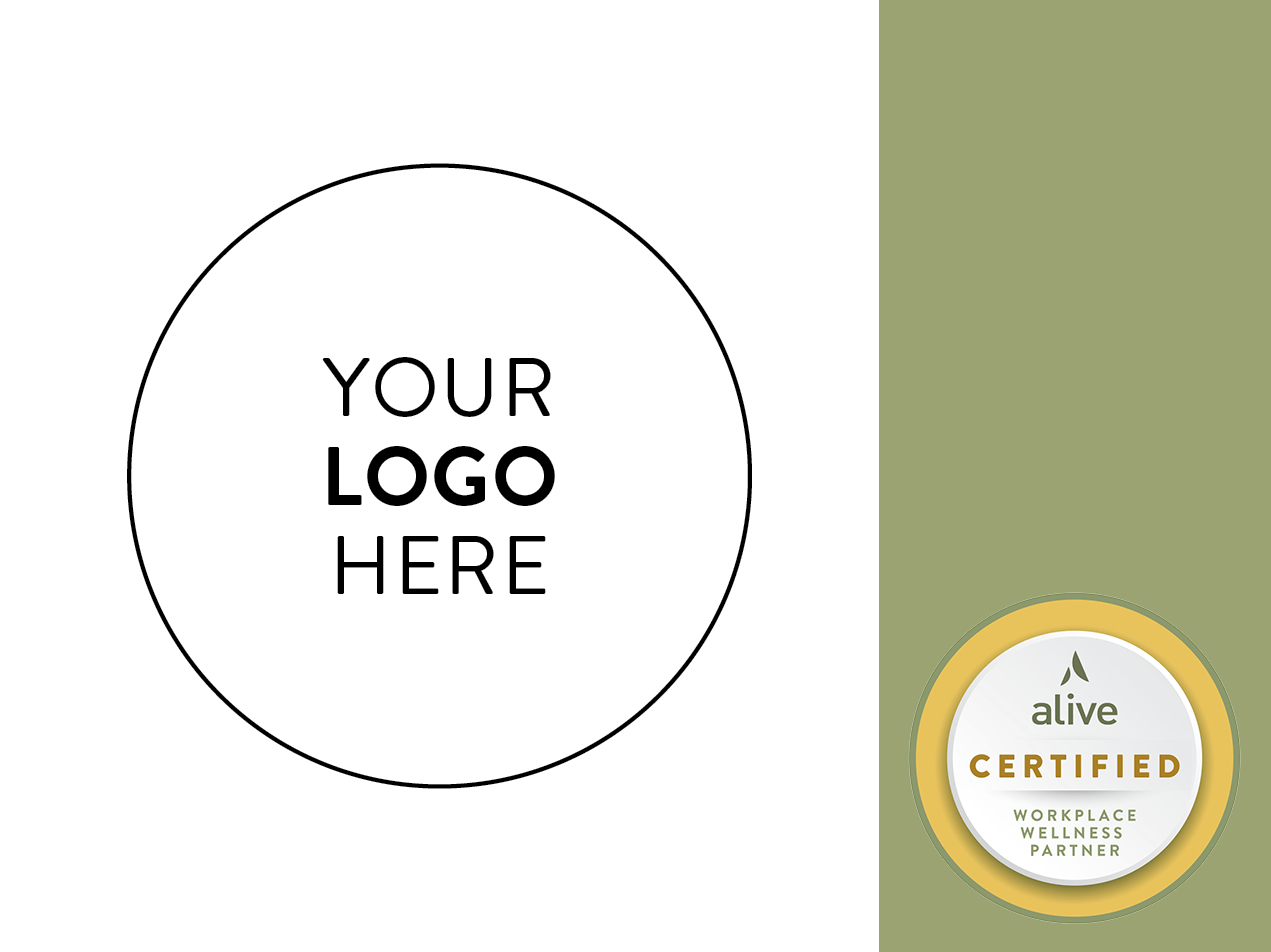
Have you ever “had a night” and wondered about the bill your head and body (never mind your wallet) is left to pay the next day? There are significant benefits to saying buh-bye to booze for the sober curious.
The silly juice packs a punch
Aside from making you a suddenly spectacular dancer or a fearless and pitch-perfect karaoke star, alcoholic beverages have a significant impact on our bodies.
Many health experts believe that negative health implications begin to surface when weekly consumption of any kind of alcohol (beer, red wine/white wine, spirits, etc.) exceeds two drinks. More than two drinks in a week and you are increasing your risk of developing certain cancers. More than six per week increases your risk of heart disease and stroke.
It’s okay: I have plenty of practice
Not only do you not get better at drinking as you age, but you actually become more of a lightweight. This is due mainly due to a decrease in muscle mass and total body water percentage, a greater quantity of which in your youth helps to slow the metabolism of alcohol in your blood system.
Sober curious?
Sure, it’s fun to take the edge off a particularly stressful day with your favourite vino, but knowing what you now know about regular alcohol consumption, you might consider cutting back or even going cold turkey. Why?
- You get to avoid feeling like hot garbage for the next three days.
- You get to utilize first-hand memory rather than relying on flattering Facebook pictures.
- You start a continued trajectory toward optimal health and longevity.
- You get to be an excellent health role model for any little ones (or big ones) in your life.
But I don’t want to be Captain Buzzkill
Want to be the most popular person in your friend group? Volunteer to be the designated driver! Here are some other strategies to test-drive social sobriety.
- Substitute your dinner drink with an alternative such as “fancy water” (for example, water with a slice of cucumber) or a mocktail.
- Be honest with your own intentions when you’re going out with friends whose intention it is to binge; better yet, avoid situations where drinking is convention.
- If you use alcohol as a coping mechanism, identify your triggers and substitute drinking with another healthier coping activity (jogging, yoga, hiking, or cycling).
When alcohol consumption becomes a concern
The number of drinks per week associated with a substance abuse problem varies by the individual. For this reason, rather than a specific number or range, a better indicator of an alcohol abuse problem may include …
- feeling a constant need to have a drink
- not meeting obligations at work, home, or school due to drinking
- friends and relatives expressing concerns about an alcohol abuse problem
Reach out to your health care practitioner or a mental health professional if you are struggling.
By Brendan Rolfe, BA, DipA


